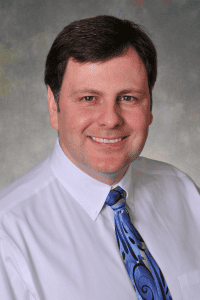Seasonal affective disorder a.k.a. the winter blues

Seasonal affective disorder (SAD) is a type of depression that’s related to changes in seasons. Although SAD can occur for some people in the summer, it is most common in the late fall or winter months. SAD is also referred to as “the winter blues”, although it’s important to see your doctor if it becomes serious.
Symptoms of the winter blues and SAD –
- Feeling sad, grumpy, moody, or anxious
- Losing interest in usual activities
- Gaining weight and craving and eating more carbohydrates such as bread or pasta
- Tiredness or low energy
- Having difficulty concentrating and sleeping
If it’s serious SAD, symptoms may further include those of depression such as feelings of hopelessness, feeling depressed most of the day, nearly every day, turning to substance abuse to cope, loss of interest in physical contact, and/or thoughts of suicide. In this case, it is important to get professional care.
It’s normal to have some days when you feel down, but it’s important to distinguish between the winter doldrums and a clinical mental disorder. As many as twenty percent of the population, particularly women, young people, and people who live far from the equator (like Minnesotans) experience a milder form of winter blues, but over two percent of the population suffer from SAD, which is a clinical form of depression. If symptoms become intense, it’s important to see your doctor. Take the signs and symptoms seriously. If not treated and diagnosed correctly, symptoms can lead to social withdrawal, problems at school or work, substance abuse, suicidal thoughts, or other mental disorders.
But if it’s the winter blues – when you’re driving to and from work in the dark, feel like the sun is forever hidden behind the grey clouds and you feel blue – take some action. Exercise can boost serotonin, endorphins, and other feel-good brain chemicals as well as improve your sleep. Ask your doctor about melatonin. Get as much sunlight as possible to increase your vitamin D. Watch your diet and eat small well-balanced meals throughout the day that are full of fresh fruit and vegetables. Don’t isolate yourself. Instead, have fun – meet an old friend for coffee, take a class, join a book club, volunteer, expand your interests, or take a trip. Don’t worry, the sun will come out. Tomorrow.

Dr. Bryan Nelson was a family medicine doctor and Medical Director at our Golden Valley Clinic and St. Anthony Village clinics. His patient panel consists of all ages of men, women, and children. He was voted by readers of Golden Valley’s Sun newspaper as “2017 Best Doctor (and facility)” and was a frequent guest host on WCCO’s Healthy Matters radio program.

